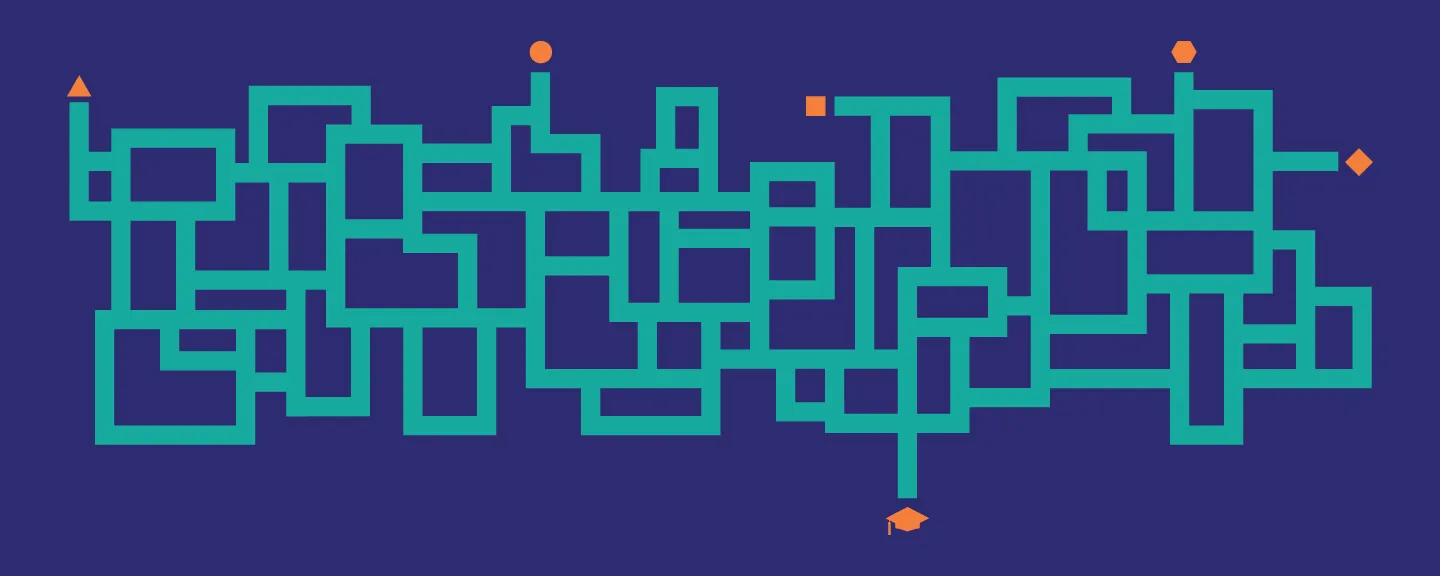- Home
- >
- APU Articles
- >
- News Article
TRIO Program Provides Pathways for First-Generation Student Success
October 24, 2018 | Written By Caitlin Gipson

Some come from families that don’t understand the college experience. This, added to rigorous coursework and social pressures, accounts for a low retention rate among first-generation college-goers. The National Center for Education Statistics reports that 33 percent drop out nationwide, compared to only 14 percent of their counterparts from degree-holding households. These statistics represent a vital challenge and opportunity for Azusa Pacific University, whose growing first-generation population reached 36 percent of the student body in fall 2018. In an ongoing effort to meet their unique needs, APU pursues grants and establishes programs to undergird student success and retention.
One of those—the federally funded TRIO program housed in APU’s Undergraduate Academic Success Center—provides first-generation college students, students from low-income families, and those with disabilities support to help them finish strong “TRIO is about restoring hope and making higher education accessible to culturally diverse and historically disadvantaged populations,” said Jennie Godoy, TRIO academic success coach. “It is our mission to help students find their voices, break down barriers, and affirm their reality of being successful. Through academic programs, academic success coaching, and mentorship, TRiO Student Support Services strives to enhance student capacity and engagement.”
“My biggest difficulty as a first-generation college student was vulnerability,” said Cassandra Gonzalez, MPA, who coordinates APU’s GEN1 Scholars program. “I had difficulty admitting that I didn’t know where to go for advising or who to ask about financial aid. I was embarrassed to go to a tutoring program. I needed someone to tell me, ‘Let’s go use these resources that you’re paying for as part of your education.’” To that end, GEN1 Scholars pairs students with dedicated mentors who monitor academic progress, share about resources, and encourage social engagement.
“Social connectedness is vital,” said Keith Hall, EdD, vice president/chief diversity officer and former executive director of the Undergraduate Academic Success Center, “and represents an important student success pathway. Sometimes a sense of belonging emerges from the mentor-student relationship, which provides a place to speak candidly without judgment. Other times, it comes from connections with other first-gen students with similar life experiences.”
Recent graduate Sandra Sandoval ’18 found that TRIO connections allowed her to feel known. “I always felt very welcomed at APU, and I made great friends in my freshman year,” she said. “However, when I started TRIO my second year, I met people who understood my life on a different level. Talking to people with similar life experiences made me feel like I belonged and was truly understood.” Gonzalez agrees. “TRIO and programs like GEN1 Scholars normalizes your experience. You discover how many other students have similar feelings. At APU, 1 out of 3 students face similar obstacles.”
Additionally, APU’s student success programs empower students to reframe their status as a matter of pride. “Many students enter APU with a deficit-based approach to their education,” said incoming executive director of the Undergraduate Academic Success Center, Tedd Szeto, PhD. “But through a collaboration between First-Year Seminar and the Noel Strengths Academy, both housed in the Undergraduate Academic Success Center, all students can take a strengths assessment and discover how they can develop and utilize their unique strengths for academic success and become a difference maker.”
If it wasn’t for TRIO, I don’t think I’d still be going to APU, but it has impacted me so much that now I want to go out and use what I’ve learned to empower other people like me.
Some end up using these tools to mentor Azusa’s high school students through Upward Bound, a TRIO program extension funded by a $1.3 million grant from the U.S. Department of Education. “I see a lot of myself in these students,” said Sandoval. “They want the best for themselves and their families, but due to their circumstances, they’ve felt that they can’t achieve. It’s important that someone shows you that door to opportunity and tells you, ‘You’ll have to sacrifice, but it’s doable.’ This is a unique part of my story. This part of my identity can make a profound impact.”
And it’s working. Of the 63 students who participated in the inaugural year of the GEN1 Scholars Program, 87 percent enrolled in the fall, and 8 percent graduated. These numbers represent a vast improvement over the 33 percent national dropout rate. Sandoval’s firsthand experience attests to these programs’ life-changing influence. “I think my friend said it best: ‘If it wasn’t for TRIO, I don’t think I’d still be going to APU, but it has impacted me so much that now I want to go out and use what I’ve learned to empower other people like me.’”